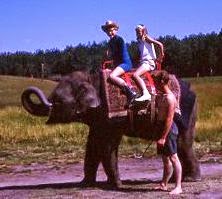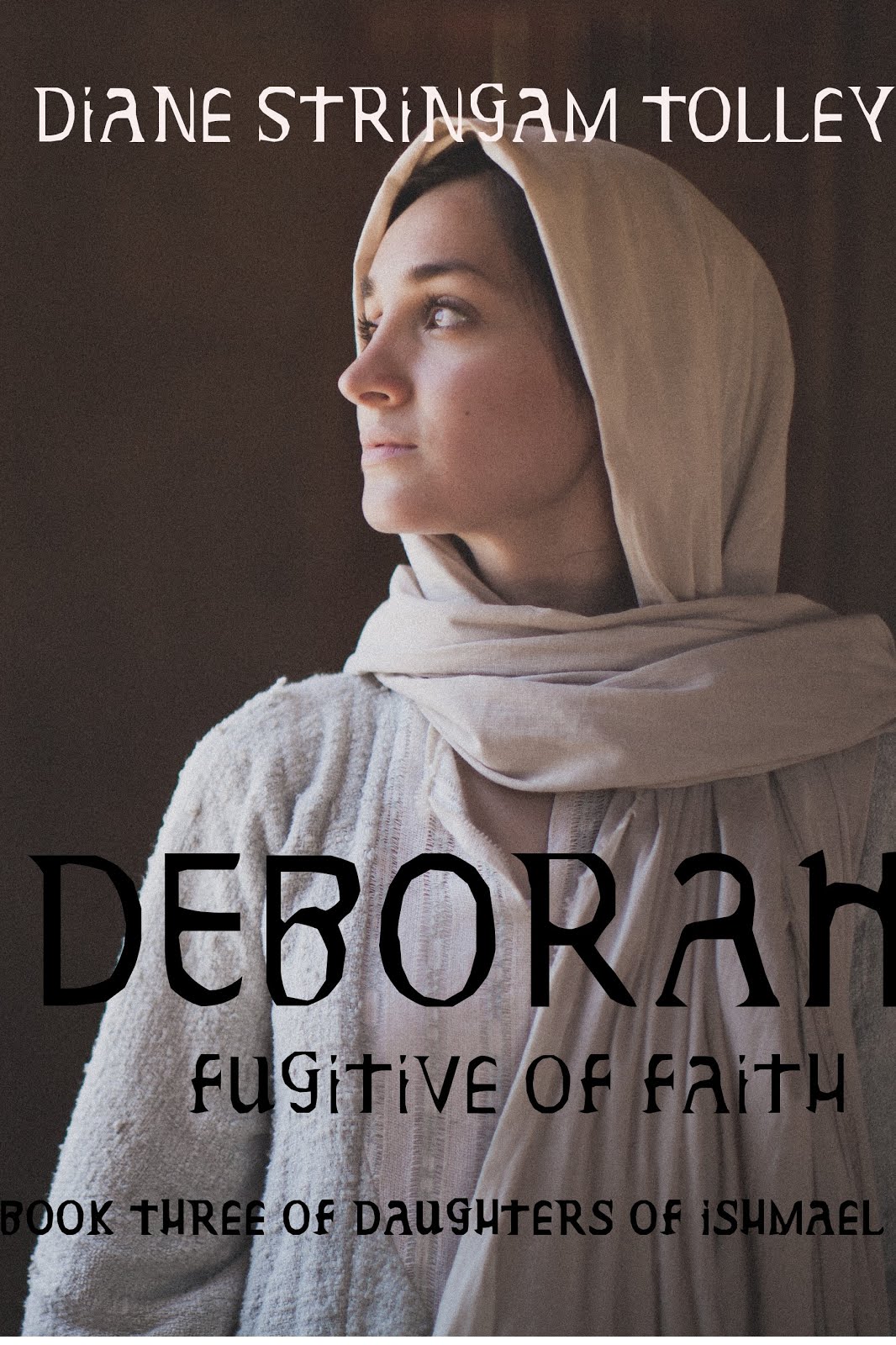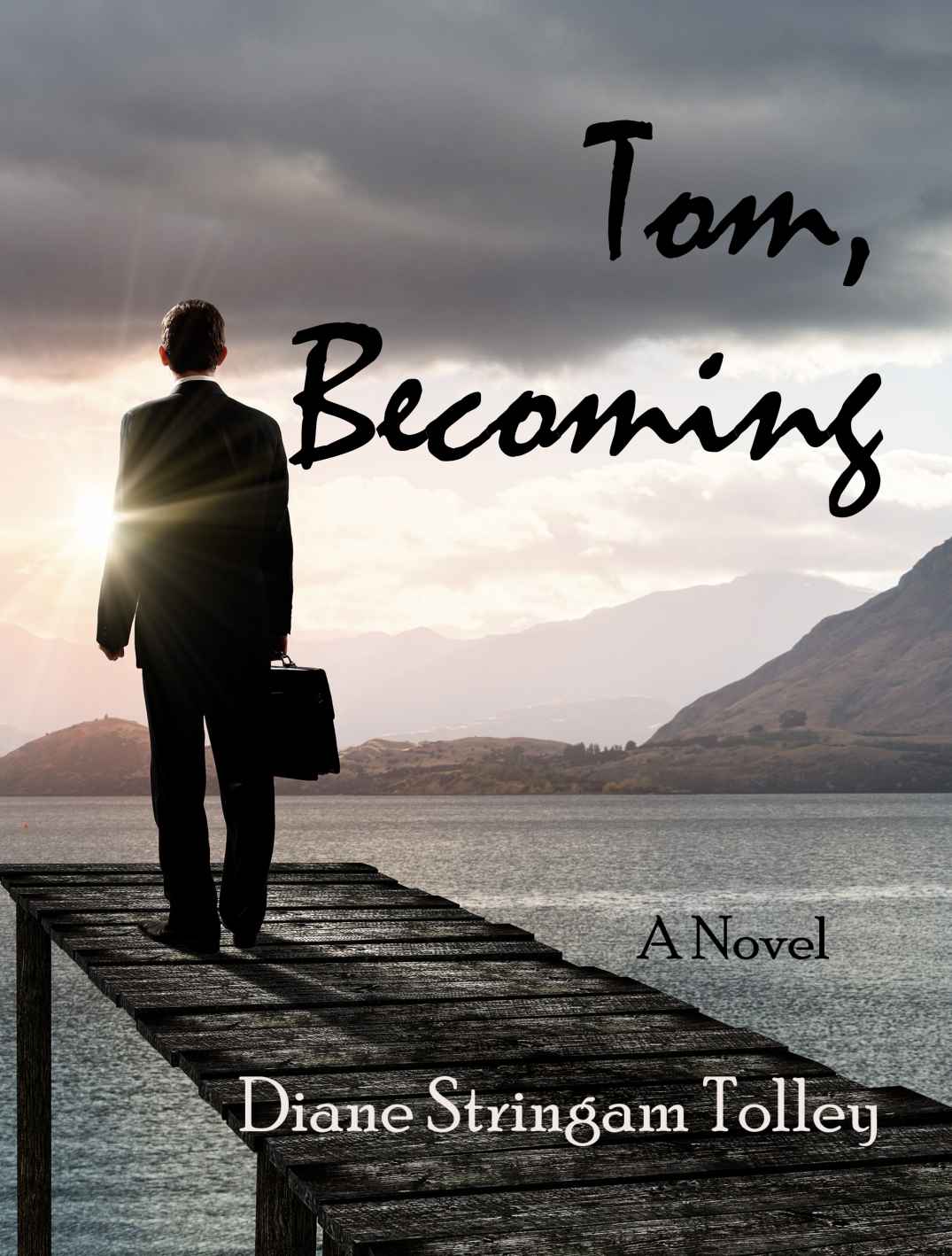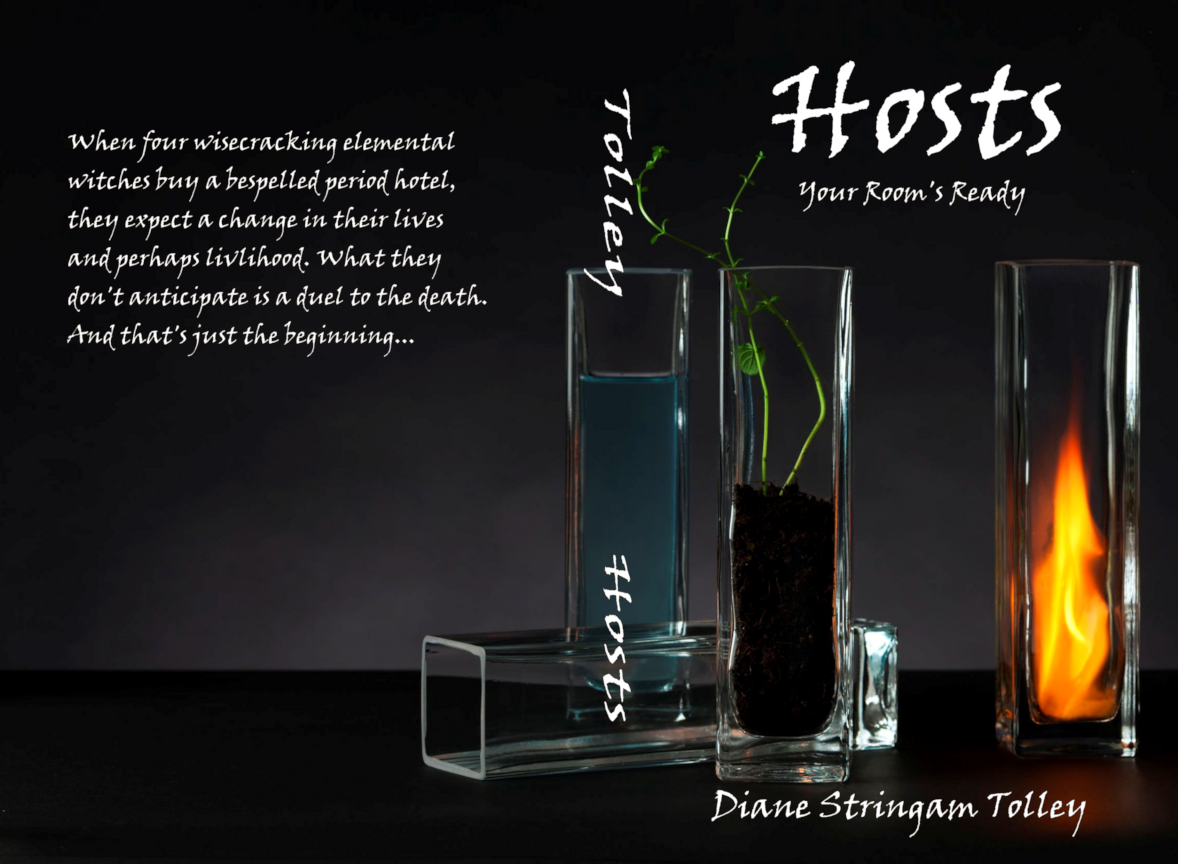For all of the wrong reasons . . .
1. The bridge.
Just a few yards down the road from our ranch gates, across the south fork of the Milk River, stood an aged iron bridge, painted black. It had great metal arches over it and many intricate bends and joints that invited exploration and/or concealment. On a hot summer afternoon, one could climb under the bridge, swing on the rope which dangled temptingly and drop down into the cool water below.
We kids on the ranch thought it was our playground.
Very early in the spring of 1964, great machines and earth-movers began to assemble next to our beloved bridge.
And a large crew of men accompanied them.
For days, we watched from what dad deemed a 'safe distance'. (Actually, to him, a safe distance was Del Bonita, fifteen miles away.)
Of course, if I'd realized then that this crew was actually there to replace our great and marvelous playground, I probably wouldn't have been quite so enthusiastic.
As it was, this was almost more excitement than my nine-year-old self could handle.
Life just didn't get any better.
2. The movie crew.
Dad announced that he had some really exciting news.
A movie crew was coming to the ranch to film.
Movie crew?
Suddenly everyone began to act strangely. The hired men actually polished their boots. And availed themselves of the showers and laundry services.
My older sister spent hours in front of the mirror, trying new 'looks' and fashions.
My brothers practiced lines from westerns.
Mom, ever practical, began bringing in truckloads of food.
The ranch was suddenly antiseptically clean. (Well, not quite, but you get the picture . . .)
I got in everyone's way. Okay, this was normal, but I didn't want you to think I wasn't proactive.
The expected day grew closer. And closer.
I stopped sleeping. Well, actually, Mom stopped sleeping, but I did feel sorry for her.
The anticipation was palpable.
The day arrived.
The movie crew didn't. We never did find out exactly why . . .
But everyone's stretched nerves and feelings of anticipation were not wasted. The movie crew might not have shown up.
But something else did.
3. The flood.
Dad had been keeping an eye on our river as it . . . grew.
Finally, it became clear that our quiet little trickle had officially turned into . . . something huge and brown and scary that threatened everything in its path.
Including us.
And several of the bridge-building machines that had been sitting placidly in the shallow river beneath the bridge.
But I didn't think about them.
My motto has always been 'panic first, think afterwards'. And it has served me well.
Banished to the balcony overlooking our back yard, I alternately cried or moaned as Dad, my two brothers and assorted hired men struggled with shovels and mud.
The normally milky, now chocolate-brown, river crept nearer and nearer.
It topped the high cliff bank.
It started flowing across the lower pasture.
Higher. Higher.
Finally, it reached our yard and began lapping at the tiny bulwark of sand bags. The barricade that had seemed so huge only moments before.
Dad and his crew worked frantically, trying to reinforce what now looked like a pathetic little mud pie, against all that water.
All day, they worked.
And finally, the waters peaked. Then slowly began to recede.
We lost part of our yard. A small part.
The bridge crew had some equipment damaged, but nothing that couldn't be repaired or replaced.
Unfortunately, the same wasn't true for the rest of Alberta and Montana, wherever the Milk River flowed. Communities suffered millions of dollars in damages and at least 30 people lost their lives. In fact, the June, 1964 flood remains in the history books as one of the greatest disasters ever to hit Montana.
It started flowing across the lower pasture.
Higher. Higher.
Finally, it reached our yard and began lapping at the tiny bulwark of sand bags. The barricade that had seemed so huge only moments before.
Dad and his crew worked frantically, trying to reinforce what now looked like a pathetic little mud pie, against all that water.
All day, they worked.
And finally, the waters peaked. Then slowly began to recede.
We lost part of our yard. A small part.
The bridge crew had some equipment damaged, but nothing that couldn't be repaired or replaced.
Unfortunately, the same wasn't true for the rest of Alberta and Montana, wherever the Milk River flowed. Communities suffered millions of dollars in damages and at least 30 people lost their lives. In fact, the June, 1964 flood remains in the history books as one of the greatest disasters ever to hit Montana.
But the waters receded.
Back on the ranch, everything wasn't as pristine as it had once been, but was soon put to rights.
Our new bridge was finished and the old one demolished and hauled away. The crew left.
We kids scampered around on the cement marvel for a short while, but soon discovered that its smooth surfaces provided few hiding places and absolutely nowhere to hang a rope.
It was abandoned.
Often, our family would stand on the house balcony and watch the river as it curved gently around the ranch.
Once more, it was the calm, quiet flow that watered our stock and our crops, cooled us on hot days, and supported us in our floundering efforts to swim. Once more, it was the color of the sediment that gave it its milky hue and its name.
Eventually, I even lost my fear of it.
Yes, for me, the summer of 1964 was an exciting, memorable time.
Sometimes, I wish I could forget it.
Back on the ranch, everything wasn't as pristine as it had once been, but was soon put to rights.
Our new bridge was finished and the old one demolished and hauled away. The crew left.
We kids scampered around on the cement marvel for a short while, but soon discovered that its smooth surfaces provided few hiding places and absolutely nowhere to hang a rope.
It was abandoned.
Often, our family would stand on the house balcony and watch the river as it curved gently around the ranch.
Once more, it was the calm, quiet flow that watered our stock and our crops, cooled us on hot days, and supported us in our floundering efforts to swim. Once more, it was the color of the sediment that gave it its milky hue and its name.
Eventually, I even lost my fear of it.
Yes, for me, the summer of 1964 was an exciting, memorable time.
Sometimes, I wish I could forget it.
 |
| Our yard. And rubberneckers. |
 |
| Closer view. Our yard. Usually there is a road (and a cliff) between us and the river. |
 |
| Brooder House. It survived. |
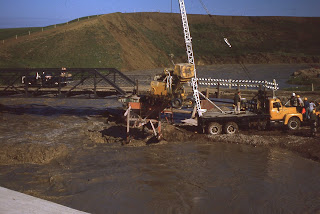 |
Old bridge, new bridge
and very, very wet equipment
|





